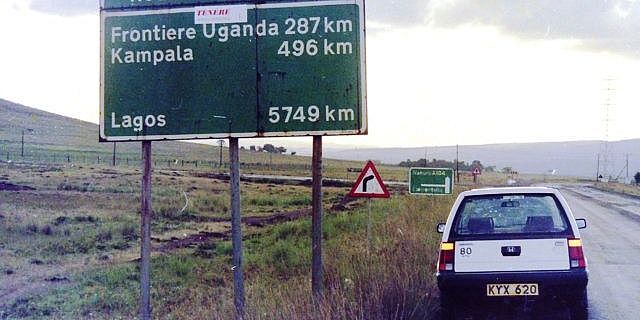Infrastructures, Borders, and the Making of the African Territory: The Case of Zambia

Giulia Scotto
Feltrinelli, 2020
What do researchers talk about when they talk about borders? International debates on boundaries and borders have multiplied along with the global restructuring of the economy, the crisis of state sovereignty, and the increased migration flows from developing countries. Border studies have emerged as a field of study from the joint effort of geographers, anthropologists as well as political scientists to tackle the multifaceted complexity of borderland identities and landscapes. Nowadays, a trans-disciplinary approach more and more is replacing the affiliation of border scholars to separated fields of knowledge. However, as this convergence is far from complete, its potential for territorial development is limited. The book urges the need to apply trans-disciplinary methods in the making and management of boundaries. Though this can be done in multiple ways, the construction of a trans-disciplinary lexicon is key to facilitate a mutual understanding between researchers with different backgrounds, as well as between researchers and policy makers. However, such a lexicon also serves to “misunderstand” each other, unfolding the ambiguity of the border as a quality that cannot be eliminated in theory or in practice.
Quick Links
